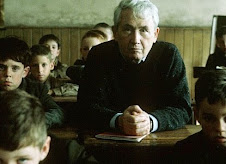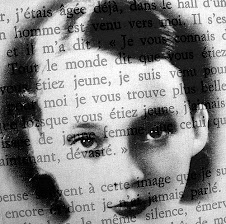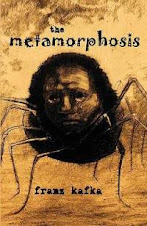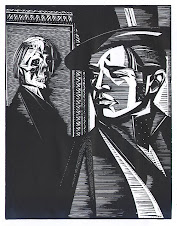Hypocrisy: Dorian Gray and Sibyl Vane
Dorian Gray blinding people with his beauty and poisoning them: they see him as inspiration but he destroys what they create.
Dorian’s obsession with Harry. He is in denial of it.
Dorian Gray blinding people with his beauty and poisoning them: they see him as inspiration but he destroys what they create.
Dorian’s obsession with Harry. He is in denial of it.
Influence on Dorian Gray: Did Harry totally corrupt him? Is it Basil’s fault for creating the painting? My theory: If Basil had not reacted to his painting as he did, but reacted the way he did later in front of Dorian, then Harry would not have been enticed to corrupt Dorian. Is it, in fact, a result of his bloodline? A karma that was passed down from one family member to the next. Hereditary doom, fate? “Had some strange poisonous germ crept from body to body till it had reached his own? Was it some dim sense of that ruined grace that had made him so suddenly, and almost without cause, give utterance, in Basil Hallward’s studio, to the mad prayer that had so changed his life?” Or “were his own actions merely the dreams that the dead man had not dared to realise?”
Is Harry jealous of Dorian’s beauty? Are they romantically involved? They bought an apartment together (which Dorian later released) and they would get away together every winter. It would seem that their’s is the only long lasting homosexual relationship portrayed in the novel. I am under the impression that Dorian had shared a serious 18mo. relationship with Allan (who later committed suicide) and the note used to threaten Allan to help him cover up the murder of Basil was a threat to tell the world about their homosexual relationship.
I do think that Harry and Dorian loved each other, but their relationship was based more on a love of art, of creating and seeing art. Harry was always intrigued by Dorian because he could create his own art through his own influence and manipulations. Dorian became more and more like Harry and would use his influence and manipulation to “direct” his own art on other people, lovers, friends, etc. It is their need to manipulate and to direct life that brings these two men together.
Dorian Gray collecting strange instruments, jewels, precious stones, textile and embroidered work, ecclesiastical vestiments… searching. Still seeing “the tragedy of his own soul”. Passions for music, “everything connected with the service of the church”…
They are all “modes by which he could escape, for a season, from the fear that seemed to him at times to be almost too great to be borne”. but then, that guild and fear, sometimes loathing of himself turns into a “pride of individualism that is half the fascination of sin, and smiling with secret pleasure, at the misshapen shadow that had to bear the burden that should have been his own”.








